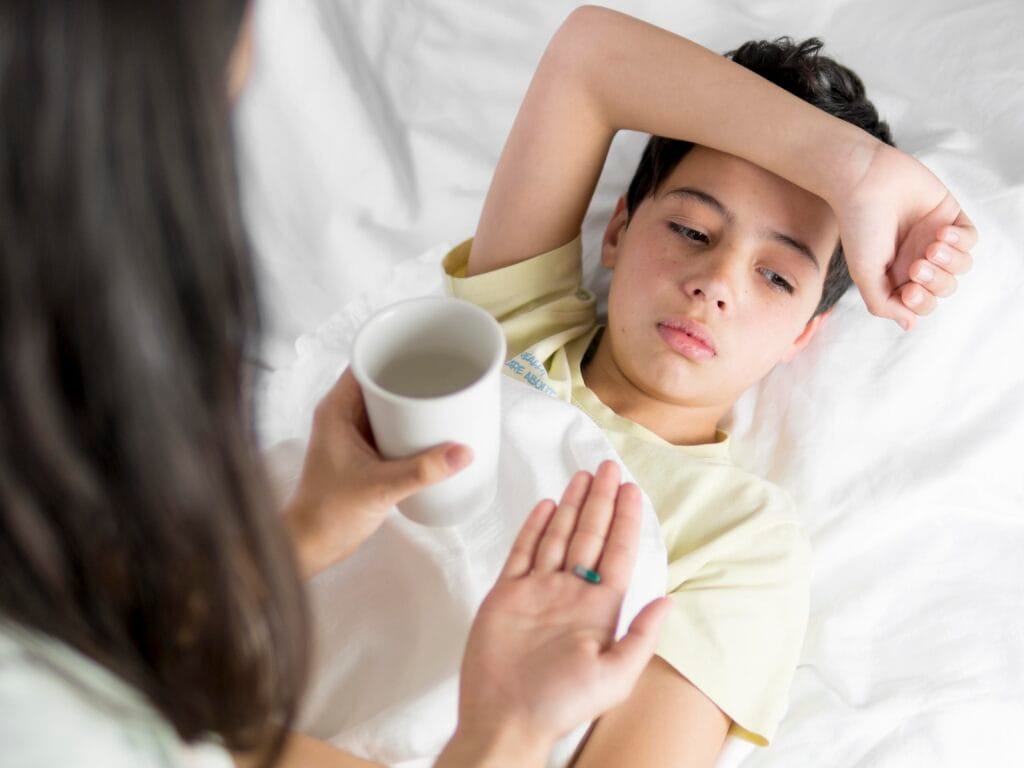Melatonin is a hormone naturally produced by the body to help regulate sleep-wake cycles. Over the years, synthetic melatonin has become a go-to supplement for many adults battling insomnia and other sleep-related issues. But should children be using it too?
What is Melatonin and Why is it Given to Kids?
In some cases, parents turn to melatonin supplements to help children who struggle to fall asleep. This is particularly common in children with conditions like ADHD or autism, where sleep disturbances are more prevalent. Melatonin can help regulate their sleep patterns, making bedtime less of a nightly battle.
However, for healthy children—especially under the age of 2—many healthcare professionals caution against using melatonin unless absolutely necessary. It may seem like a natural solution, but it’s important to understand how it affects developing bodies.
The Risks and Side Effects
Although melatonin is marketed as a gentle, drug-free solution, there are potential side effects and concerns with long-term use in children. Some of these include:
- Daytime drowsiness
- Headaches
- Mood changes
- Nausea
- Bedwetting
Another issue is the uncertainty around how melatonin impacts puberty and hormone development. Since melatonin influences the body’s biological clock, introducing it artificially might disrupt natural hormonal changes during growth.
Melatonin products—especially gummies—can also pose a danger if children accidentally consume more than recommended. Because they often look and taste like candy, they can be easily mistaken for a sweet treat.
Lack of Regulation
Melatonin supplements aren’t regulated like prescription medications. This means that different brands may vary in dosage accuracy and ingredient quality. What’s written on the label isn’t always what’s inside the bottle. This can make it difficult for parents to ensure their child is receiving a consistent, safe dose.
When is Melatonin Appropriate?
Melatonin may be helpful for short-term use under medical supervision, especially when behavioral interventions have not worked or when sleep issues are affecting a child’s well-being. But it should never be the first solution. Children’s sleep problems are often linked to habits or routines that can be improved without medication.
Tips for Better Sleep Without Melatonin
Before turning to supplements, parents can try the following sleep strategies:
- Create a consistent bedtime routine: Bath, storytime, and lights out at the same time every night.
- Limit screen time before bed: Blue light from tablets and TVs can interfere with natural melatonin production.
- Create a sleep-friendly environment: Keep the bedroom cool, quiet, and dark.
- Encourage physical activity during the day: This can help kids fall asleep faster at night.
Final Thoughts
Melatonin might seem like a quick fix for bedtime struggles, but it’s not without risks—especially in young, developing children. While it can be useful in some medical situations, it should only be used under professional guidance. The best approach is to focus on healthy sleep habits first and to treat sleep disturbances with melatonin as a last resort.
When in doubt, always consult a paediatrician to explore safe and effective ways to support your child’s sleep health.
Watch this helpful video for more insight:




